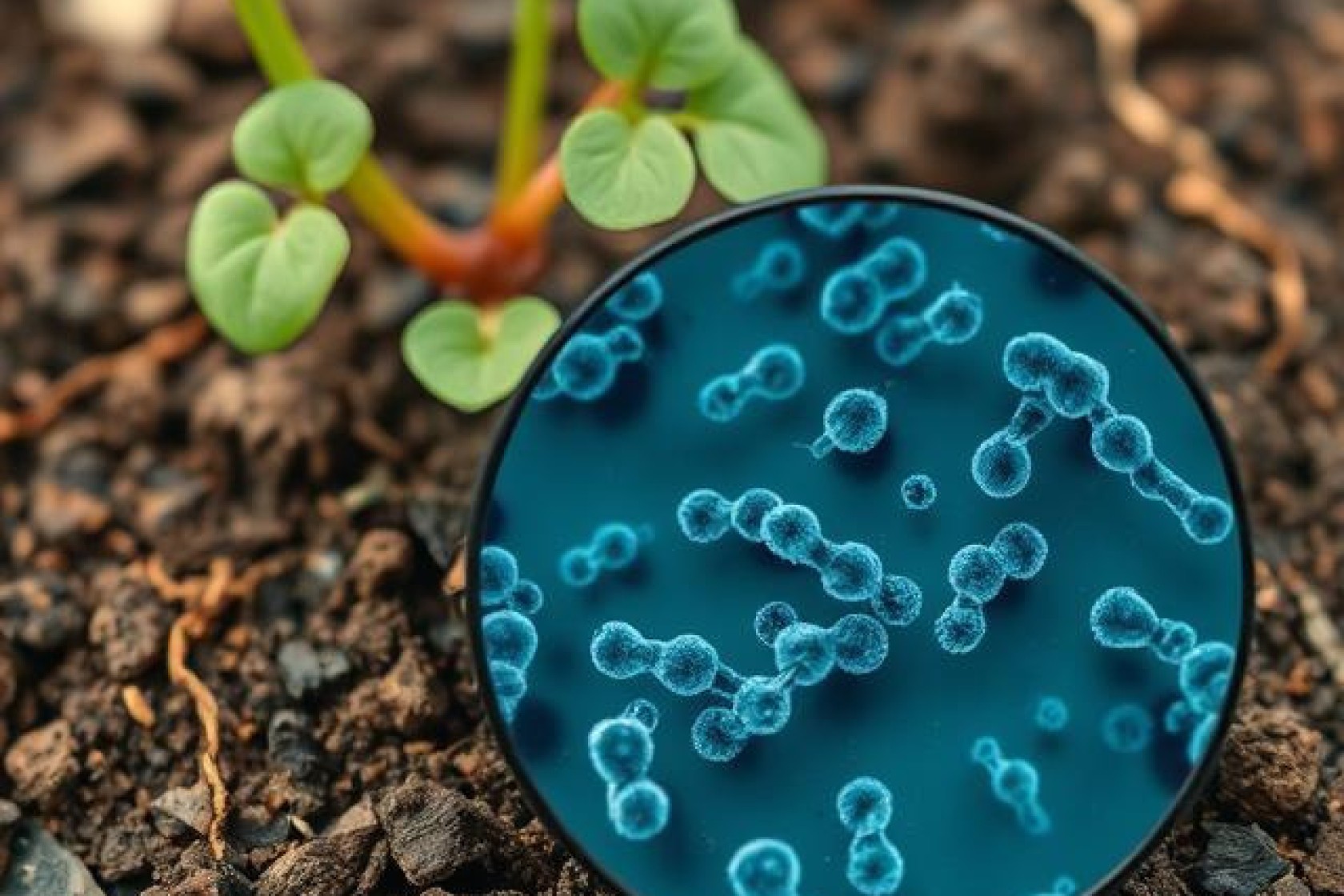Impacts and mechanisms of biochar on soil microorganisms
Biochar is an eco-friendly material with strong adsorption properties, widely used for improving soil and water quality. It enhances soil conditions and supports microbial communities by increasing microbial abundance, improving nutrient content, and providing a suitable habitat. Biochar’s effects depend on various factors, such as the raw material used, application dose, pH, and pyrolysis temperature. It helps retain nutrients, reduces nutrient loss, and improves water retention. Biochar also promotes soil aggregation by supporting fungal and actinomycete growth, which aids in nitrogen cycling and other essential soil processes.

Biochar is an eco-friendly material with strong adsorption properties, widely used for improving soil and water quality. It enhances soil conditions and supports microbial communities by increasing microbial abundance, improving nutrient content, and providing a suitable habitat. Biochar’s effects depend on various factors, such as the raw material used, application dose, pH, and pyrolysis temperature. It helps retain nutrients, reduces nutrient loss, and improves water retention. Biochar also promotes soil aggregation by supporting fungal and actinomycete growth, which aids in nitrogen cycling and other essential soil processes.
Additionally, biochar enhances soil enzyme activity, stimulating the growth of soil microbes and boosting enzyme functions like urease and catalase, which are important for nutrient cycling and pollutant degradation. In soil remediation, biochar can adsorb heavy metals, improving microbial activity and reducing the toxicity of pollutants such as Pb and Cd. When combined with microorganisms, it accelerates the breakdown of organic pollutants like polycyclic aromatic hydrocarbons (PAHs), promoting soil health and supporting carbon sequestration.
However, biochar may contain contaminants like heavy metals, VOCs, and PAHs, which can negatively affect microbial communities. High pyrolysis temperatures can also lead to the formation of environmentally persistent free radicals (EPFRs), which cause oxidative stress in plants and soil microbes. These contaminants and EPFRs can harm soil health and microbial function. To mitigate these risks, biochar should be tested for contaminants and optimized for pyrolysis conditions before application. Additionally, biochar can impact microbial communication by adsorbing bacterial signalling molecules, which may alter microbial interactions and plant resistance to pathogens. This highlights the need for further research to better understand biochar’s effects on soil ecosystems and optimize its safe, effective use.
Additional recent research by V. Borges da Costa et al. titled “How much biochar is safe? Exploring potential ecotoxicological consequences for soil invertebrates and plants” based on other bio-indicators like springtails also draws similar conclusions.
The full paper “Impacts and mechanisms of biochar on soil microorganisms” of K. Huang et al. published in Plant, Soil and Environment.
Deel dit bericht
